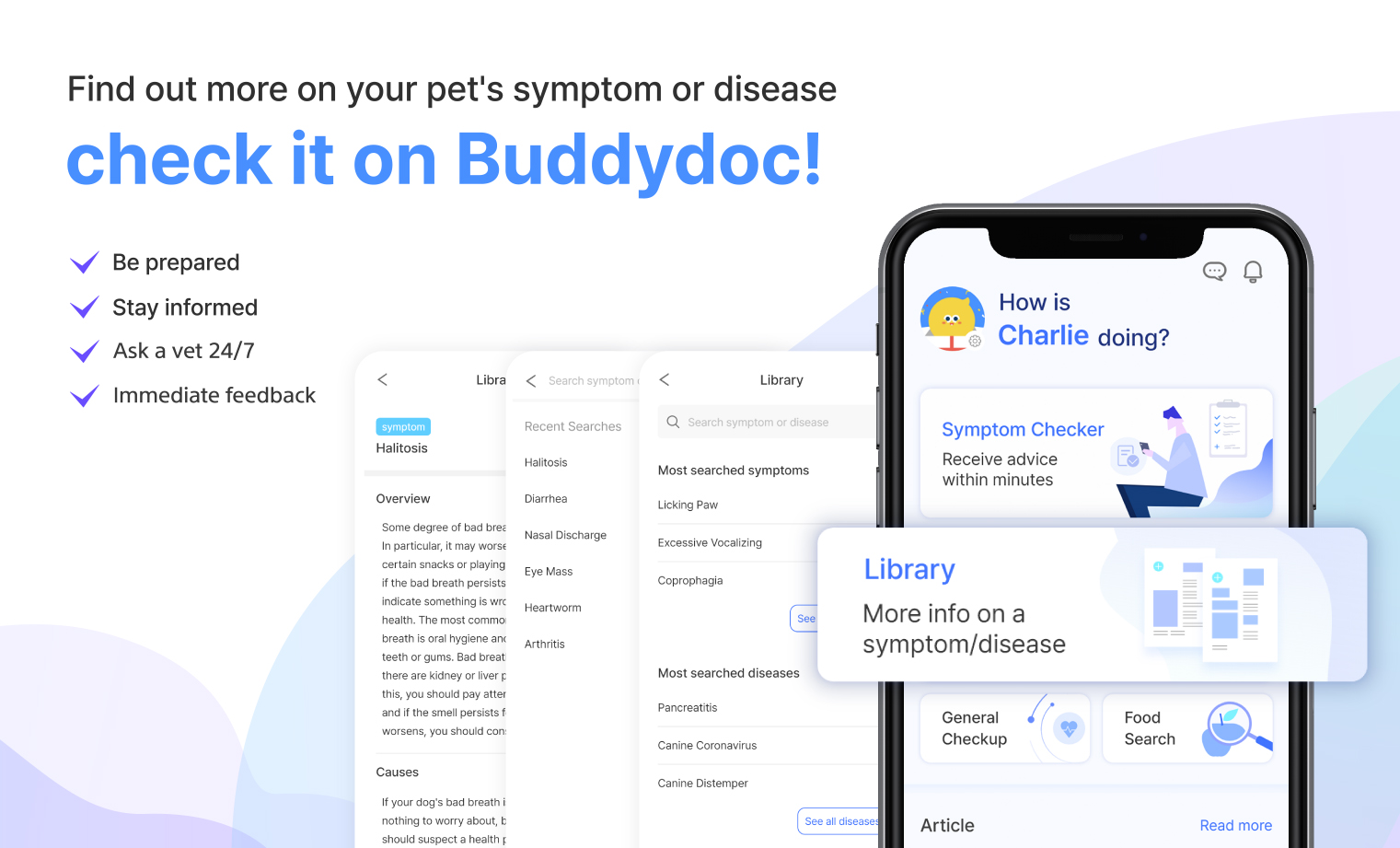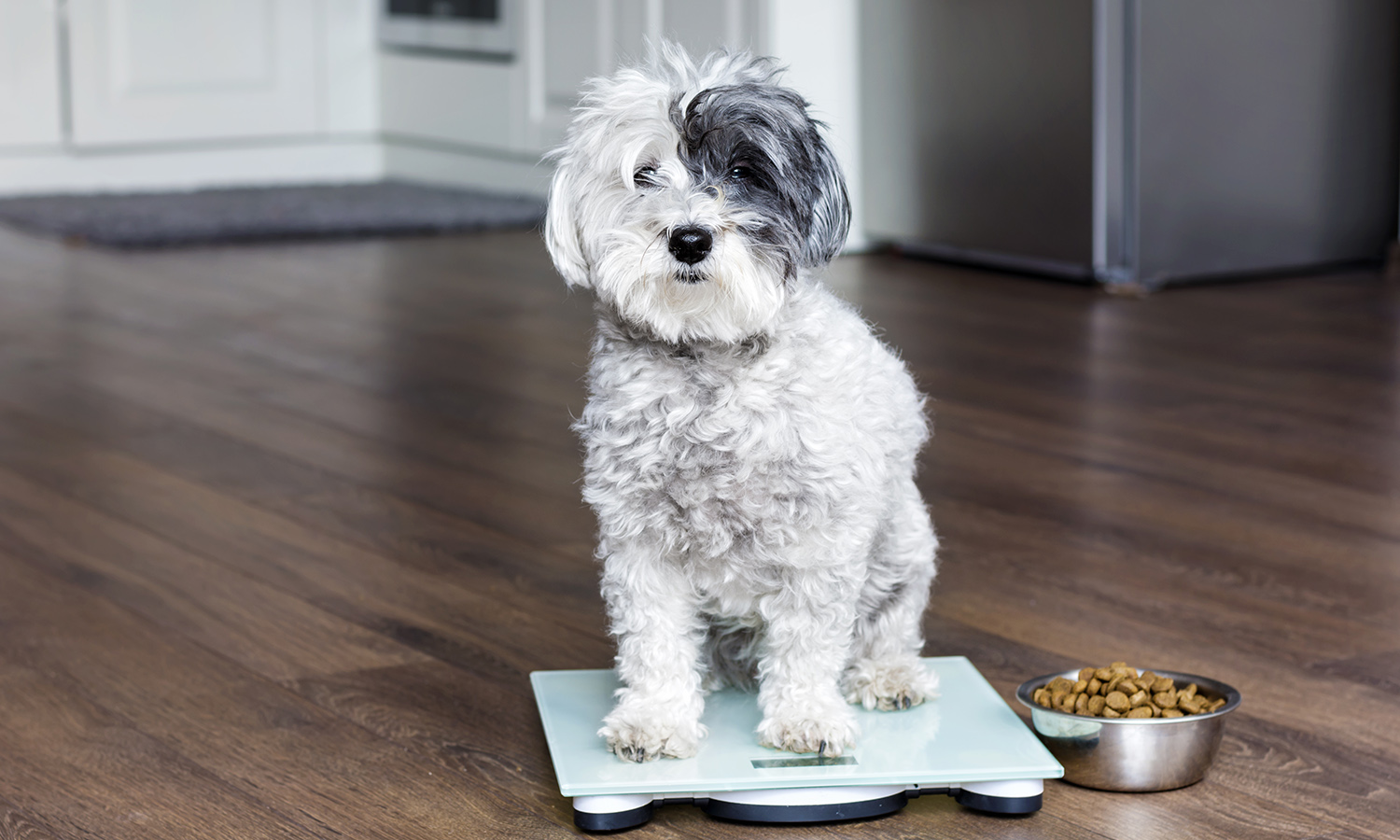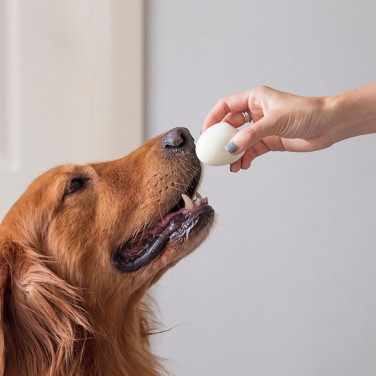DISEASES
IBD in Dogs - Symptoms, Treatment, and Life Expectancy
페이지 정보
본문

What is Canine Inflammatory Bowel Disease (IBD)?
IBD is more of a condition than a disease that occurs when chronic inflammation occurs in the intestines due to various factors. In general, inflammatory cells infiltrate the intestines disrupting the dog’s digestion process and ability to absorb nutrients. This irritation can cause digestive symptoms, such as persistent vomiting and diarrhea, and decreased appetite.
The inflammatory cells can affect both the small and large intestines. The cause of inflammatory bowel disease has not been precisely identified but factors, such as food, genetic factors, and abnormalities in immune cells all can cause an overgrowth of inflammatory cells in the intestine. Inflammatory bowel disease in dogs is a physical condition that is difficult to cure. Therefore, identifying the cause of IBD and treating it accordingly as soon as possible is recommended.
What are the Main Causes of IBD in Dogs
The exact cause of inflammatory bowel disease in dogs is not known, but it can be caused by a combination of several factors.
The following factors can cause inflammatory bowel disease:
-
Genetic factors
All breeds can be affected by IBD but some breeds are more susceptible to IBD depending on genetic factors. (ex. German Shepherds, Norwegian Lundehunds, Boxers, French bulldogs, etc.)
-
Mucosal immune system and immune response
The mucosal immune system is the system active when chronic inflammation is developing in the GI tract. A substance called Immunoglobulin A plays the role of creating a barrier to prevent other bacteria from accessing the mucous membrane, and chronic inflammation can occur if this barrier is damaged.
-
Food
Certain food allergies can cause irritation and inflammation within your dog’s GI tract. Some dogs may have a sensitive digestive system and an overreaction to certain proteins or carbohydrates can cause abnormalities in the immune system and lead to IBD.
-
Infection
When the intestinal mucosa is weakened due to an inflammatory response, additional parasitic, bacterial, or viral infections may occur, further aggravating the symptoms. It can also disrupt the normal flora in the gut, resulting in IBD.
The Main Symptoms of IBD in Dogs
Inflammatory bowel disease causes a variety of digestive symptoms. In particular, if IBD affects the stomach, chronic vomiting is present, and if IBD affects the intestines, chronic diarrhea occurs. Sometimes both are affected, and if symptoms persist, loss of appetite and weight loss typically follow. In some cases, there may be a problem with the intestine's ability to absorb nutrients which can increase appetite.
Common symptoms of inflammatory bowel disease include:
-
Genetic factors
Chronic vomiting may occur if the inflammation attacks your dog’s stomach.
-
Chronic diarrhea
An inflamed intestinal line can cause digestive symptoms like chronic diarrhea, and if it gets worse, black stools or bloody stools may appear.
-
Weight loss
Weight loss with persistent vomiting and diarrhea and loss of appetite can occur due to IBD.
-
Edema (swelling), pleural fluid (fluid on the lungs), and ascites (fluid buildup in the abdomen)
As inflammatory bowel disease continue, protein is lost, resulting in hypoalbuminemia. This reduces the osmotic pressure in the body, resulting in edema, pleural fluid, or ascites.
When to See a Vet for IBD in Dogs
Clinical signs of IBD such as persistent vomiting and diarrhea are the earliest tell signs. If these digestive symptoms occur continuously or intermittently persistent, it is a good sign to check with a vet for a cause. If blood is ever mixed with your dog’s vomit or diarrhea, this may be an emergency depending on the cause. The most dangerous symptoms you should go see a vet for is symptoms of energy loss, weight loss, or loss of appetite accompanied by the digestive symptoms listed above. It may be a good idea to check if mild symptoms occur for breeds that are more susceptible to IBD, such as Yorkshire Terriers, Rottweilers, German Shepherds, Boxers, and Border Collies.
How to Manage IBD in Dogs at Home
A change in diet may be the best care you can offer your pet if IBD is diagnosed. A high-fiber, hydrolyzed protein diet can help to eliminate the irritant in your dog’s gut. Snacks should not be given for a temporary period until you have transitioned your pet onto the new diet. It may take anywhere from a week to 12 weeks to see a positive response to the change in diet. There are recent studies that promote the use of probiotic supplements to aid a dog’s digestive system. IBD can cause a great deal of discomfort for your pet, so ultimately it is recommended to get the appropriate treatment as soon as IBD is suspected.
How IBD is Diagnosed in Dogs
A veterinarian will typically perform a tissue biopsy of the intestine lining to confirm the presence of inflamed cells.
First, your veterinarian will ask you some of the following questions to continue the diagnosis of IBD in your dog:
- How long has your dog been vomiting/diarrhea?
- How many times a day does your dog vomit/diarrhea?
- How are your dog's energy levels and appetite?
- Has your puppy lost weight recently?
- What is your pet’s current diet?
After asking these questions, a veterinarian may perform one of a few tests to help rule out other diseases that share similar symptoms and may require a tissue biopsy to confirm IBD.
The following list is different tests you can expect your veterinarian to suggest and perform:
-
Feces test
Samples of feces can be observed under a microscope to see if there are any bacteria caused by an infection present.
-
Blood test for vitamin B12
Most dogs with IBD cannot absorb vitamin B12 in their body and so the concentration of vitamin B12 can be checked to detect IBD.
-
Blood folic acid level test
A blood draw can be used to test folic acid levels to determine if there is an imbalance of the normal flora in the intestine.
-
CBC test
It is possible to check whether inflammatory cells have increased by performing a CBC test through blood collection. In addition, it is possible to check whether there is bleeding in the intestine and whether there is eosinophilic enteritis, one of the forms of IBD, present.
-
Blood chemistry test
A blood draw can determine if certain proteins are lost due to IBD. In patients with IBD, proteins such as globulin and albumin in the blood decrease, and sometimes cholesterol or calcium concentration may decrease.
-
Abdominal imaging (X-ray)
Abdominal radiographs provide a general overview of the digestive organs and help detect any abnormalities.
-
Abdominal ultrasound
Abdominal organs can be assessed with much more precision with ultrasound compared to radiography. It can evaluate whether the intestinal wall or mucosal layer is thickened, whether there are signs of inflammation, and whether there are signs of inflammation in the peritoneum.
-
Endoscopy
Endoscopy allows access to the stomach and duodenum to check for abnormalities in the intestine. At this time, a tissue biopsy is also taken to confirm the diagnosis. If access with an endoscope is difficult, a full-thickness incision is made through surgical intervention after anesthesia, and a biopsy is performed to confirm the diagnosis.
How is IBD in Dogs Treated?
IBD is an incurable condition but can be treated through ongoing treatment. Once the underlying disease or issue is identified a treatment plan is created to tailor to each patient’s symptoms and causes. In most cases, it may be difficult to identify the specific cause which is known as idiopathic IBD.
Through a trial-and-error process, the best treatment plan for your pet will be created using the following treatment methods:
-
Diet control
Patient-specific prescription dietary adjustments may be required. Puppies are fed a diet consisting of hydrolyzed protein or a novel protein (novel protein refers to a “new” protein your pet has not eaten before). To be effective, no other treats or food should be fed, only the prescribed diet should be fed consistently. If gradually introducing the new diet has no effect after 1 to 2 weeks, a diet high in fiber may be recommended.
-
Medication
Several medications are used to manage IBD. Antibiotics may be prescribed if an infection is suspected by fecal examination. Steroid drugs and immunosuppressants may also be prescribed to suppress the immune response. The risk with steroid drugs is the side effects that may appear, so they will be taken over a long period while monitoring and adjusting the dosage of the drug according to the veterinarian's regular assessments. Steroids can be stopped if symptoms are relieved, but will typically restart similarly if symptoms recur.
-
Deworming
If the stool test confirms the parasite and there are no other causes of IBD, an antiparasitic drug is prescribed.
-
Vitamin B12 supplementation
Vitamin B12 can be administered subcutaneously to supplement a patient’s lack of vitamin B12 absorbed properly in the intestine. Dogs with IBD do not absorb this vitamin well, so additional supplementation is recommended.
-
Probiotics
You can help balance the normal flora in your dog’s gut by adding probiotics.
Can you Prevent IBD in Dogs?
IBD is caused by a combination of factors, including genetics, diet, and abnormal activation of the immune system. Therefore, prevention is difficult, and it is important to visit a hospital quickly when symptoms appear to prevent the symptoms from persisting and worsening. The prognosis of IBD is good if it responds well to medications or prescription diets, and it can be managed for a long time by adjusting the dosage of the medication.
Find out more about your dog’s disease or symptoms in the Buddydoc Library!

The Buddydoc library is filled with everything you’d want to know about each symptom and disease your pet may experience. If you would like to find out more about the causes, signs, treatments, preventions, and more for your dog’s disease. Try out the Buddydoc app and search your pet’s symptom or disease in the Buddydoc library.














